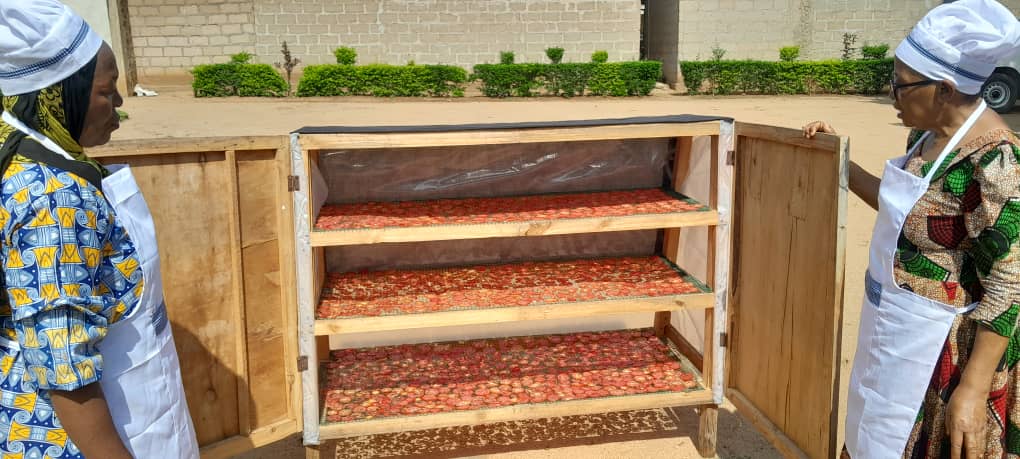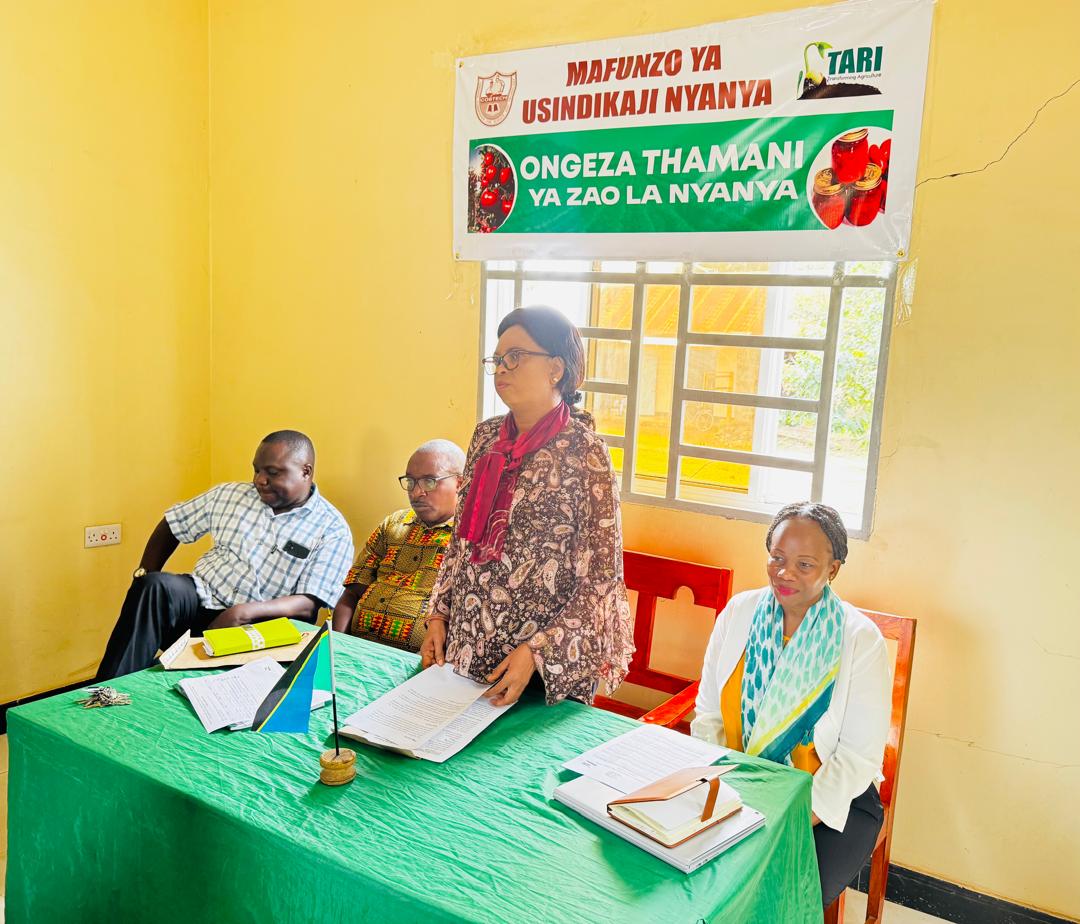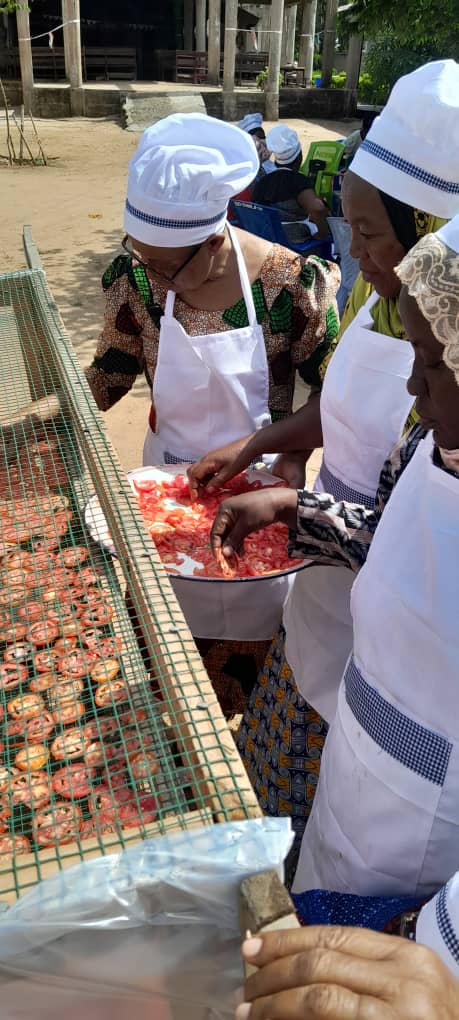
MOROGORO
Tomato farming is a crucial part of Tanzania’s agricultural landscape, with tomatoes being the largest vegetable crop grown predominantly by smallholder farmers.
By Senior Reporter VALENTINE OFORO
THE Tanzania Agricultural Research Institute (TARI) through its Kibaha- based Center has bridged efforts with the Small Industries Development Organization (SIDO) to conduct a training for imparting tomato growers and entrepreneurs in Kilosa district, Morogoro Region with key technical knowledge to process the popular edible berry fruit.
Bankrolled by the Tanzania’s Commission for Science and Technology (COSTECH), the four -days agro- clinic, held in Dumila town, attracted about 15 beneficiaries from the vast growing District of Kilosa.
Conduction of the timely training is part of the implementation of ongoing project, christened ‘Reducing Post-Harvest Losses and Increasing Farmers’ Income Through Tomato Products’, which is being implemented by TARI Kibaha under financial auspicious from COSTECH.

“This training aims to empower the participants on simple, but better tomato processing skills, as well as shaping their business management,” said Dr. Mariam Mtunguja, the Lead Researcher and the Coordinator of the ambitious Project.
Dr Mtunguja stated that, since tomato is one of the short- time perishable crops, most of the farmers and sellers of the fruit often incur economic losses, thus a need to process it in their own shadow.
She added, through the project, the state-owned agricultural institute determines to ensure the local tomato produce and sellers are benefiting from their executions, saying plans are afoot to extend the similar training to more areas.

Speaking for her part, Elina Dastan, the Kilosa district Agriculture, Irrigation and Cooperation Officer (DAICO) hailed the COSTECH for supporting the training, as well as TARI and SIDO.
She observed, the initiative will play a catalyst role to improve livelihood among the tomato farmers in the district.
“Hopefully, after this training the participants will be able to conduct their business more successful, the development which will see them pocketing improved profits,” she said.
She highlighted some key areas which the participants will be trained as efficient tomato drying technologies, packaging techniques that increase the shelf life of dried tomato products, production of more valuable tomato products, as well as business management and profitability analysis.
She challenged the participants to make brave use of the training in order to aquire better skills, but also to become good ambassadors for imparting their counterparts with the vital knowledge.

Tomato farming is a crucial part of Tanzania’s agricultural landscape, with tomatoes being the largest vegetable crop grown predominantly by smallholder farmers.
Despite this, the varieties cultivated often lack resistance to pests and diseases, resulting in low yields. The fragility of tomatoes also poses significant challenges during transportation, leading to high post-harvest losses.






